Conference report:

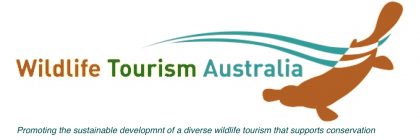
Griffith University (Nathan campus),
Brisbane and Online
30 Oct – 2 Nov 2022

Also visit:
- Conference venue, accommodation and transport
- Call for papers DEADLINE Monday 19th September
- Registration
- Program
- Public forums (free) Southbank Sunday 30th October: Australian-Indonesian Wildlife Travel; Wildlife/Tourist Interactions.
- Keynote speakers [Peter Gash of Lady Elliot Island, Brooke Squires with many years conservation and wildlife tourism experience in Australia and Africa, and Hector Ceballos-Lascurain, the “father of ecotourism”]

Wildlife tourism can assist wildlife.
We know this. We’ve discussed it many times over the years.
Wildlife tourism can also have negative effects. We’ve discussed this many times also.
Frustrated tourists have started traveling again now the pandemic lockdowns are relaxing. Tour operations are increasing their activities once again.
But wildlife habitats are still being cleared at alarming rates. Feral animals are competing with, preying upon and trampling the habitats of native animals. Climate change is threatening many species, either directly or indirectly. Poaching is still a multi-million dollar illegal industry which is terrible for conservation and animal welfare.
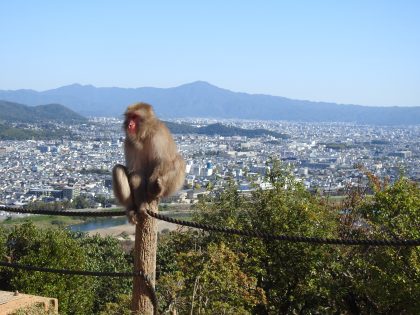
It is now more important than ever for wildlife tourism to really, genuinely, do something positive for wildlife.
Wildlife tourism can assist wildlife. We agree on that or we wouldn’t be promoting it. But how do we make it do so more effectively and widely? How do we know we’re having a positive effect?
As well as doing something good for wildlife, it is very useful for tour operators to also show that they’re doing it. Much cynicism has developed in recent times due to “green-washing.” One of my favourite examples is a resort which cleared a forest to establish a golf course, then declared they were no longer washing linen every day because they were helping the environment. Some potential customers now doubt that anyone making a profit from wildlife is genuine about their conservation and welfare.

But there are certainly tour operators that are very genuine about assisting wildlife. They do need to make a profit so they can continue to operate (and continue to assist wildlife). Making their contributions known publicly, and showing the genuineness of this, can also add to their income, as many nature-loving tourists are keen to support conservation-minded and welfare-minded operations over others.
We would also like our presenters to prepare a short paper to be published as a downloadable pdf on our website amongst the proceedings after the conference. If you cannot do this because it will prevent you from publishing the same results in an academic journal, we’d like you to write something similar to your abstract, with a link to you paper if already in press, or simply mentioning that you plan to publish the article soon (and in which journal if already knows). Also please let us know if it is okay to use your powerpoint as a downloadable pdf on our website after the conference.
We are also seeking no-obligation expressions of interest (you will be added to an email list for updates), including a working title if you are considering a presentation). Send this (with subject line “WTA conference 2022″) to chair@wildlifetourismaustralia.org.au
Our subthemes will be:
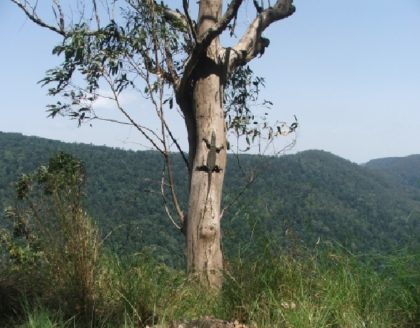
- Active conservation by tourism operations: protecting or restoring habitats and species
- Active conservation by tourism operations: conservation breeding
- Captivating tourist interest in and appreciation of the less famous or less charismatic wildlife
- Enjoyable but also effective visitor education for increasing appreciation and understanding of wildlife ecology and conservation issues
- Conservation-related research (including citizen science involving operators and/or tourists)
- Giving captive animals a life worth living. What do we know about what matters to the animals themselves, how do we provide it and what do we need to study further?
- Climate change and wildlife tourism: how can we have a positive effect, ether directly or via visitor education)
- Covid-19 lockdown effects: how do we preserve the positive impacts of lockdown while returning to something approaching normal?
- How can greening your business assist your income as well as the environment?
- Dangers of green-washing (businesses and governments pretending to be greener than they are): longterm effects on wildlife and public perception
- Reviews of any of the above
We’re also holding two free public forums (Covid-permitting!) at Southbank Parklands, for both delegates and the general public, one on human-wildlife interactions and one on Indonesia/Australia wildlife travel. Many of our delegates are likely to be staying at one of the many accommodation venues near Southbank. It is just a 20-minute bus-ride to the conference venue, and a walk across the bridge over Brisbane River into the city, as well as offering attractive parklands and various ethnic restaurants.
Also visit:
Many thanks to our sponsors: Griffith University, Dr Noel Scott, Ms Sonya Underdahl and Araucaria Ecotours
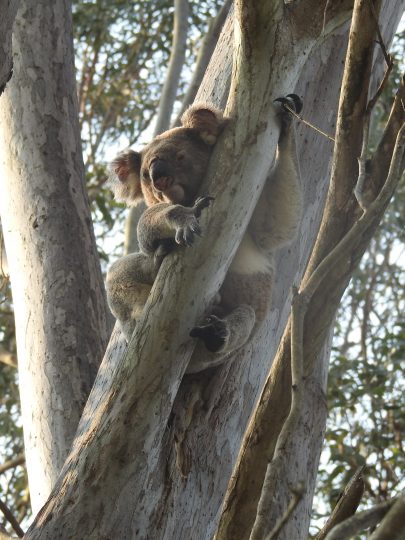
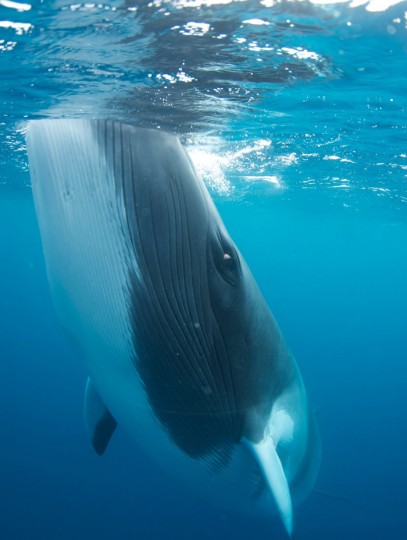
Many thanks to our major sponsor: Griffith University (Science Group, School of Environment and Science, and the Centre for Planetary Health and Food Security)
